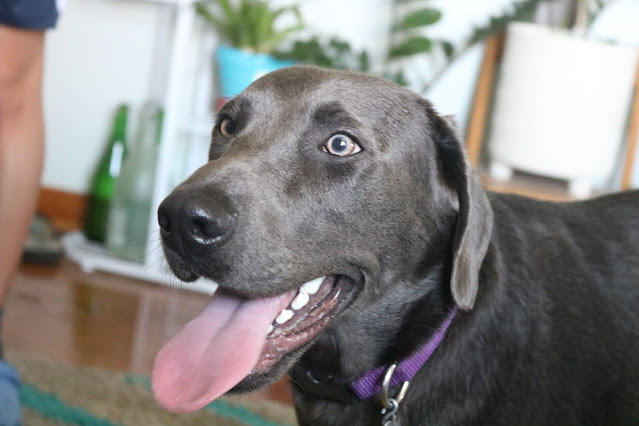Just like humans, dogs need a balanced diet to stay healthy. In fact, an unhealthy diet can lead to all sorts of health problems for your dog. That's why it's so important to make sure that your dog is eating a nutritious diet. This blog post will discuss the basics of dog nutrition and provide you with tips on how to ensure that your dog is getting the right nutrients.
1) Know your dog’s nutritional needs
It is important to know your dog's nutritional needs in order to ensure they are eating a balanced diet. Dogs require a specific balance of proteins, carbohydrates, fats, vitamins and minerals that are essential for their health. Generally speaking, most dogs need approximately 25-30% of their daily caloric intake from proteins, 20-25% from fats, and 45-50% from carbohydrates. Additionally, essential vitamins and minerals should be included in their diet as well, as explained in this article at https://www.nextritionpet.com/blogs/nutrition/can-dogs-eat-brown-rice.

The type of food you feed your dog will determine the nutrients they consume over time. Therefore, it is imperative that the food you choose is high quality and meets the dietary requirements of your pet. When selecting a commercial dog food for your pooch, look for products that have been formulated by an animal nutritionist and include whole ingredients such as meat, eggs and healthy grains. Each individual dog may also have unique nutritional requirements depending on age, breed and activity level; so it is best to consult with your veterinarian about what foods are best for your pup's specific needs.
2) Pay attention to portion sizes
Portion size is just as important for your pup’s health as it is for yours. Overfeeding can lead to obesity, which can increase the risk of your dog developing certain medical conditions such as diabetes and joint problems. On the other hand, underfeeding may mean that your pet isn't getting enough essential nutrients or calories.

In order to maintain a healthy weight, it's best to follow the portion guidelines listed on the food packaging or provided by your veterinarian. These portion sizes are determined based on your dog's ideal body weight so make sure you use those measurements when feeding your pup. If you're unsure about how much food to give them, consult with a veterinarian who will be able to provide you with an appropriate amount for your pet.
3) Incorporate treats into their diet
Treats can be a great way to reward your pup and build a strong bond with them. However, it is important to remember that treats should only make up 10% or less of their daily caloric intake. This means that while you can give them treats, they should not replace nutritious meals in the process.
When selecting treats for your dog, make sure they are natural and contain no harmful additives or by-products. Additionally, stay away from overly processed snacks as these may contain unhealthy ingredients such as artificial flavors and added sugars. Instead, look for simple treats like carrots, apples or cooked chicken breast which will provide nutritional benefits without compromising their health.
By following these tips and maintaining a balanced diet for your dog, you'll help ensure that your furry friend is living a long and healthy life.


No comments:
Post a Comment
I love comments so leave me a line or two and I will follow your trail and comment back.